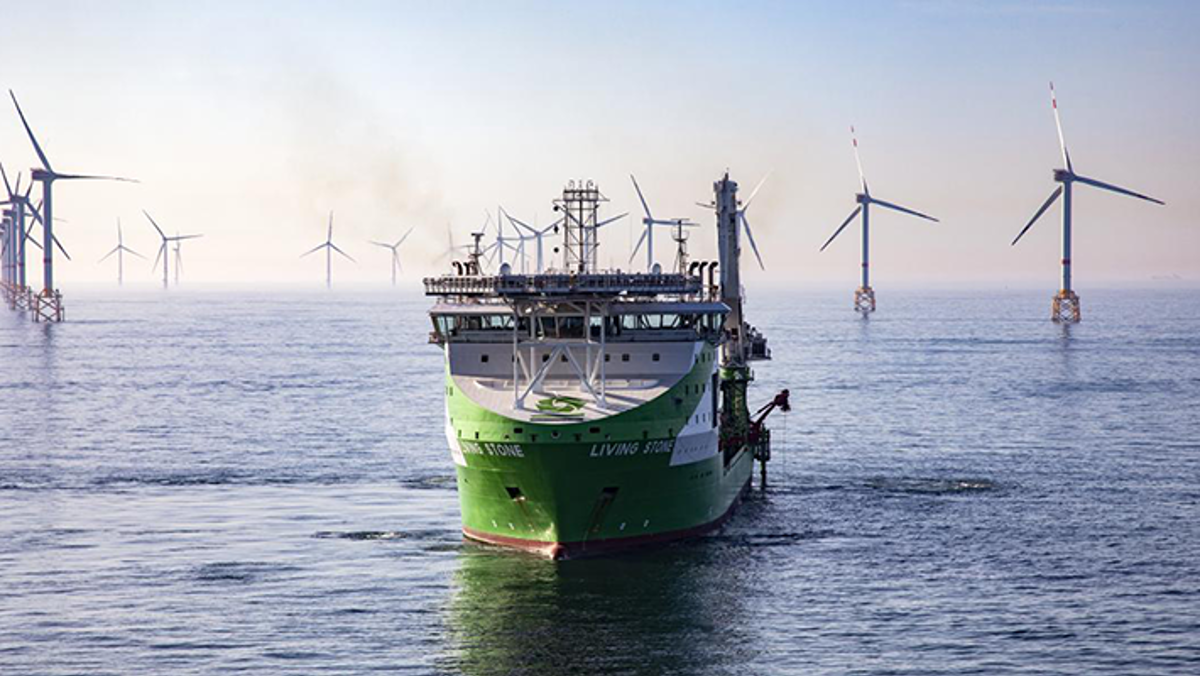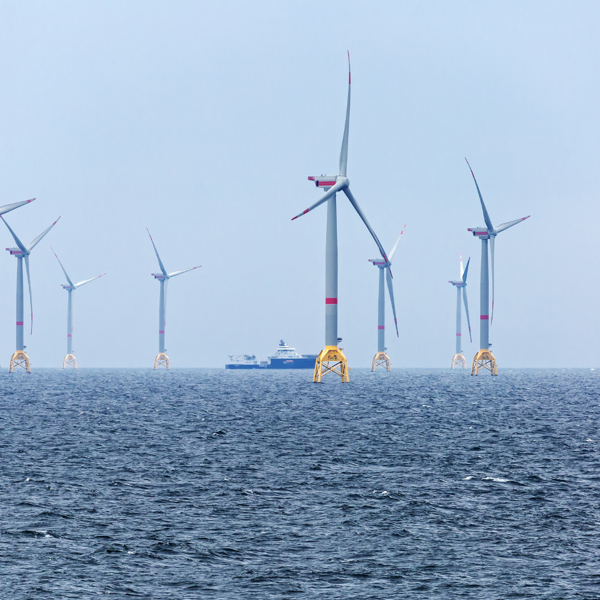This is the crucial, and some might say contentious, question at the heart of IMCA’s annual DP Conference, which returns on 3 and 4 June in Istanbul, Türkiye.
This year’s programme will examine Dynamic Positioning (DP) through the lens of the greenhouse gas (GHG) agenda, asking how DP operations can become more efficient and sustainable without compromising on safety through a possible shift towards ‘closed bus’ configurations in DP vessel power systems.
Traditionally, DP operations have prioritised redundancy through open bus-tie arrangements, where separate power generation and distribution systems operate independently. This compartmentalisation aims to prevent single failures propagating from one redundant group to another, safeguarding critical capabilities.
However, the potential for enhanced energy efficiency offered by closed bus operations is driving a re-evaluation of this conventional approach. By interconnecting power systems, closed bus enables more effective load sharing among generators. This can lead to a reduction in the number of engines running at lower loads, resulting in tangible benefits such as decreased fuel consumption, fewer emissions, and reduced wear on machinery.
Despite these compelling advantages, the adoption of closed bus-tie operations has been tempered by concerns surrounding safety and fault tolerance. At our DP Conference this year we will delve into the technological advancements that are enabling fuel consumption reductions while tackling the safety concerns that are raised because of the trade-off. IMCA has invited a global panel of expert speakers who, alongside its technical advisers, will present on topics such as advanced fault detection mechanisms, high-speed bus protection systems, and strategies for ensuring robust system integrity in the event of component failure.
Interactive sessions will provide a forum to discuss real-world implementation challenges and the development of best practices for operating in this interconnected mode. Understanding the nuances of short circuit testing and alternative ride-through testing methodologies, crucial for validating the reliability of closed bus systems, will be a key focus.
The conference will also address the escalating pressure on the offshore sector to significantly reduce its GHG footprint. Delegates will explore the potential of alternative fuels as well as new ways of thinking about how to minimise emissions from DP vessels, considering the perspective of regulators and operators, whose expectations may not always tally with operational reality.

The programme will include expert speakers from Subsea7, DNV, Boskalis, Heerema, Fugro, Global Maritime, and Simwave and will be presented by the science journalist, award winning podcaster, and European Space Agency commentator Richard Hollingham. It will also feature a dedicated session led by IMCA's GHG Committee, which will explore a more universal approach to emission reduction, with a particular focus on technological innovations, and the challenges to transitioning to cleaner fuels.
The Conference will once again facilitate dialogue on the crucial topics facing the DP community and will influence the future work of IMCA’s DP Committee as these issues continue to evolve. By tackling the technical complexities of closed bus-tie operations and the pressing need for GHG emissions reduction, the conference will equip delegates with the knowledge and tools necessary to navigate a future characterised by enhanced efficiency and environmental responsibility.
The conference’s new location, the Renaissance Polat Bosphorus Hotel in Istanbul, Türkiye, will facilitate global access to what is now one of the industry’s most significant DP events.
To find out more and book tickets for IMCA DP Conference 2025, click the link below:



